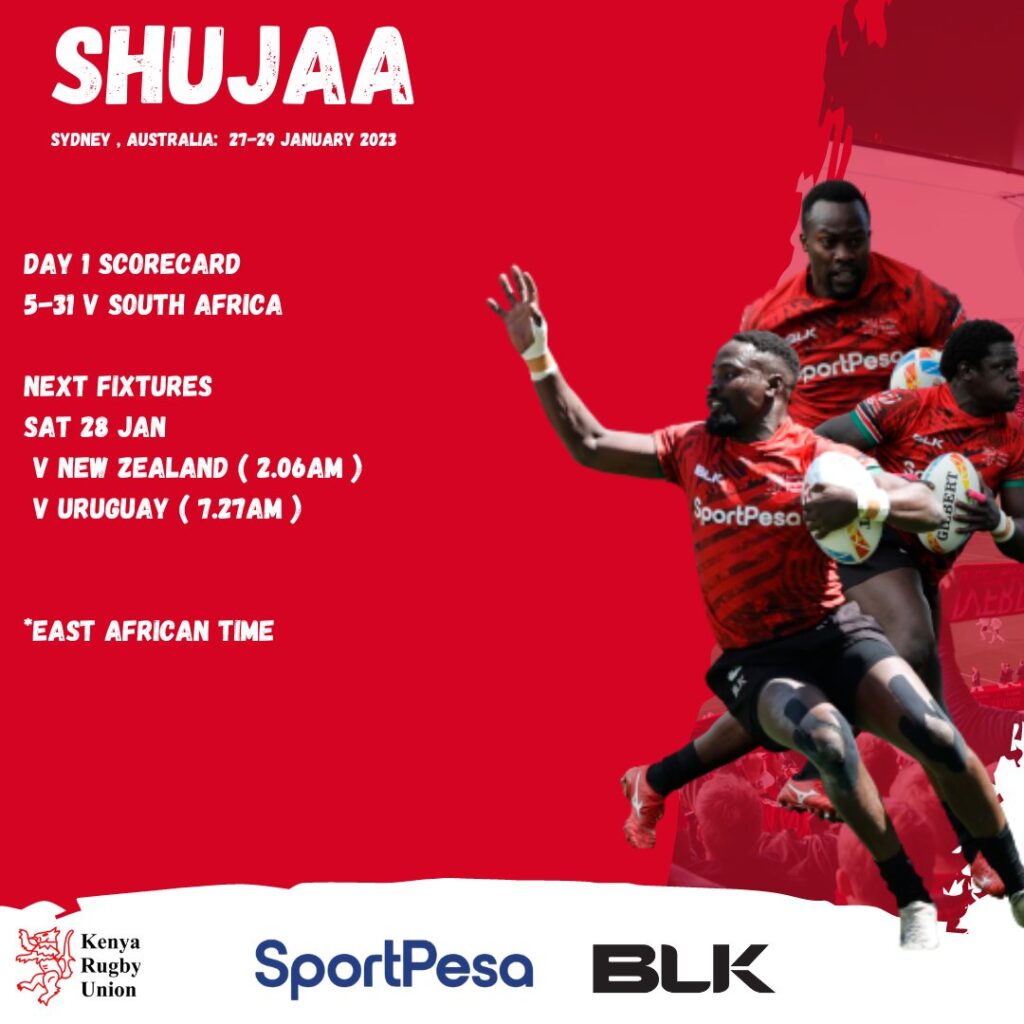How To Run a Successful Sports Tournament
Kisumu is deemed the cradle of sports in Kenya and home to many tournaments. Here are 10 points to consider when hosting/organizing a great sports tournament in the city in the Sun.
1. Define the Scope
This includes how many teams should participate, Prizes and cash rewards, whether there will be ticketing at the gate, media coverage, etc. A good sports tournament planner should be able to tailor something to give you good value for your budget.
2. Select your Dates
Do this based on your chosen format so that you may finalize the venue and send official invites. Depending on your target participants, you may consider the respective league calendars, School games calendars, or even the School exams calendar.
3. Choose a Venue
This will depend on the scope and your target audience. Venues may include nearby learning institutions or a stadium in the vicinity.
4. Purchase Supplies
Identify service providers. Go through your budget and purchase supplies that will be required for the tournament, like Balls, Kits, Medals, Trophies, Certificates, etc.

5. Reserve Officials and Referees
Contact the relevant federation in charge of the sport. Bad officiating can ruin a good tournament. A small investment in affiliation fees can save you unnecessary drama. It is possible to coordinate with local coaches or tutors for age-grade sports to assist with this.
6. Reach out to Participants
Finalize the teams/individuals participating in the tournament and send them details of the event, including the rules and regulations of the tournament.
Make sure they know the correct timings of their fixtures, including nearby accommodation, so they can book in advance if they are arriving from different regions.
One of the pitfalls many Organizers make is allowing late registrations up to the very last minute, which can stretch available resources.
7. Promote your Sports Tournament
An excellent first impression is invaluable. Advertise and promote your event. Make sure your community or regions are aware of the tournament.


Invite sports personalities, send out flyers, advertise in local papers, use influencers, etc. Depending on your budget, you could set up a website alongside other socials.
8. Have a Pre-Tournament Meeting with Participants and Officials
This is where you clarify grey areas or adjust any rules that may be deemed punitive. This meeting can be done online, where participants come from far-flung places.
9. Follow up with your Suppliers
Complete any payments that need to be completed. Ensure venue(s) are in good shape. Field markings are in place. Ensure you have enough stewards on your rota to assist during the tournament.
A local organizing committee should be able to help with various departments, e.g., security, equipment storage, hospitality for your guests, etc.
10. Execute to Perfection (or Near Perfection)
This mainly involves reminding people what they should do, where, and at what point. Degrees of difficulty varies depending on the audience. E.g., if airing a tournament is on TV, there is very little room for error in terms of timekeeping.
The Author is a Project Management Specialist specializing in Sports Venues and events. He is also a Co-Founder of PataGrao Ltd.
















